
The Majestic Southern Belize Barrier Reef
The Southern Belize Barrier Reef is a magnificent underwater world teeming with life. As part of the second-largest coral reef system in the world, it offers an unparalleled experience for tourists. The turquoise waters are crystal clear, providing visitors with visibility that’s perfect for snorkeling and diving. You can expect to see a vibrant array of marine life, including colorful corals, tropical fish, sea turtles, and even gentle nurse sharks. This part of the reef is less crowded compared to its northern counterparts, making it an ideal spot for those seeking tranquility and natural beauty. The nearby coastal towns and islands, such as Placencia and Laughing Bird Caye, offer charming accommodations and delicious local cuisine. The community here is warm and welcoming, eager to share the wonders of their unique marine habitat. Whether you are an experienced diver or a first-time snorkeler, the Southern Belize Barrier Reef has something for everyone. You can also explore the nearby mangroves and lagoons, which are home to an equally impressive array of wildlife. Don't miss the chance to take a guided tour to learn more about the reef’s ecosystem and the efforts being made to preserve this natural wonder.
Local tips in Southern Belize Barrier Reef
- Visit between November and May for the best weather and calmest seas.
- Bring reef-safe sunscreen to protect the delicate marine environment.
- Consider staying in Placencia for easy access to the reef and local amenities.
- Book a guided snorkeling or diving tour to get the most out of your visit.
- Make time for a trip to Laughing Bird Caye National Park, a UNESCO World Heritage site.
The Majestic Southern Belize Barrier Reef
The Southern Belize Barrier Reef is a magnificent underwater world teeming with life. As part of the second-largest coral reef system in the world, it offers an unparalleled experience for tourists. The turquoise waters are crystal clear, providing visitors with visibility that’s perfect for snorkeling and diving. You can expect to see a vibrant array of marine life, including colorful corals, tropical fish, sea turtles, and even gentle nurse sharks. This part of the reef is less crowded compared to its northern counterparts, making it an ideal spot for those seeking tranquility and natural beauty. The nearby coastal towns and islands, such as Placencia and Laughing Bird Caye, offer charming accommodations and delicious local cuisine. The community here is warm and welcoming, eager to share the wonders of their unique marine habitat. Whether you are an experienced diver or a first-time snorkeler, the Southern Belize Barrier Reef has something for everyone. You can also explore the nearby mangroves and lagoons, which are home to an equally impressive array of wildlife. Don't miss the chance to take a guided tour to learn more about the reef’s ecosystem and the efforts being made to preserve this natural wonder.
When is the best time to go to Southern Belize Barrier Reef?
Iconic landmarks you can’t miss
Tobacco Caye Paradise
Discover the enchanting beauty of Tobacco Caye Paradise, where stunning beaches and vibrant marine life create a perfect tropical getaway in Belize.
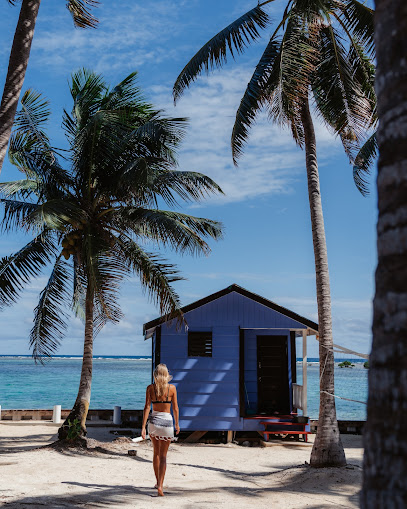
Joe Jo's By The Reef
Discover the beauty of Belize at Joe Jo's By The Reef, a tranquil hotel offering stunning sea views, relaxation, and adventure opportunities.

Tobacco Caye
Experience the tranquil beauty of Tobacco Caye, Belize's idyllic island retreat with stunning beaches and vibrant marine life.
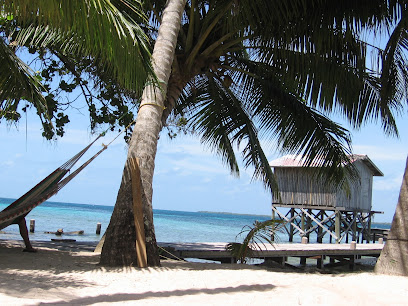
Belize Barrier Reef
Discover the breathtaking beauty of the Belize Barrier Reef, a premier destination for snorkeling, diving, and marine wildlife encounters.
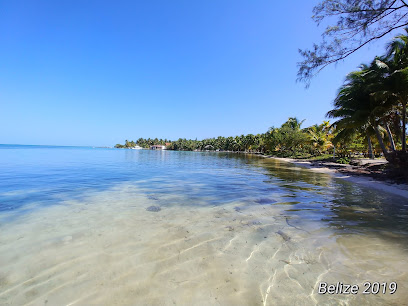
Tobacco Caye Marine Station
Immerse yourself in marine education at Tobacco Caye Marine Station, where conservation meets the stunning beauty of Belize's Caribbean waters.
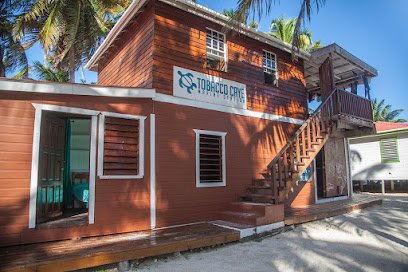
Unmissable attractions to see
Nim Li Punit Mayan Ruins
Explore the ancient Mayan civilization at Nim Li Punit Ruins in Belize, a captivating archaeological site surrounded by lush jungle beauty.
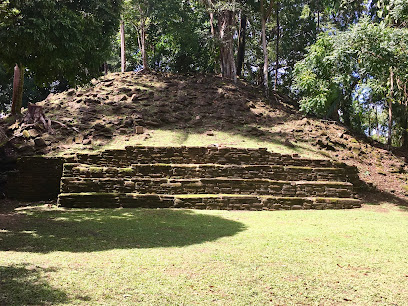
Community Baboon Sanctuary Visitor Center and Museum (A Black Howler Monkey Sanctuary)
Explore the Community Baboon Sanctuary Visitor Center and Museum, a vital conservation area dedicated to the black howler monkey in beautiful Belize.
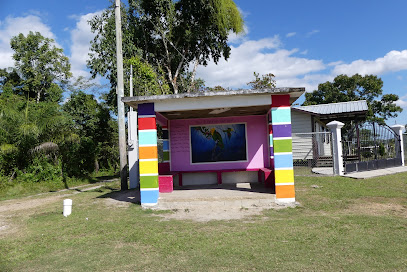
Seahorse Dive Shop
Discover Belize's underwater paradise with Seahorse Dive Shop, your gateway to thrilling diving experiences in the Caribbean Sea.
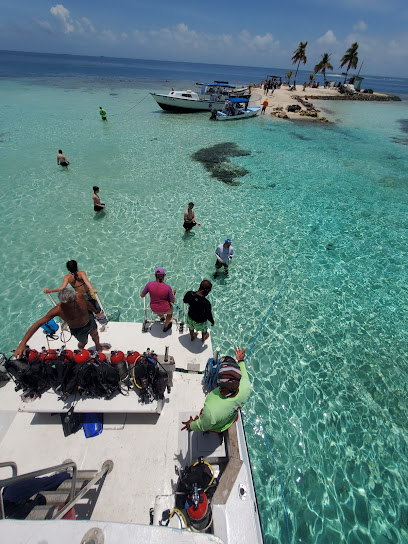
Mayflower Bocawina National Park
Explore the lush beauty and adventure of Mayflower Bocawina National Park, a hidden gem in Belize offering hiking, zip-lining, and rich biodiversity.
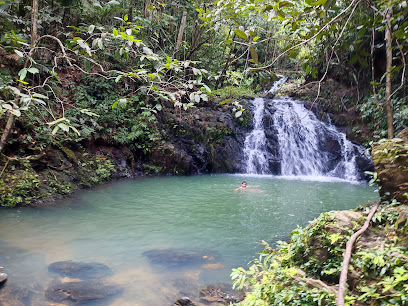
Belizean Arts
Explore the vibrant culture of Belize through local art at Belizean Arts, a must-visit gallery in San Pedro showcasing talented artists and unique creations.
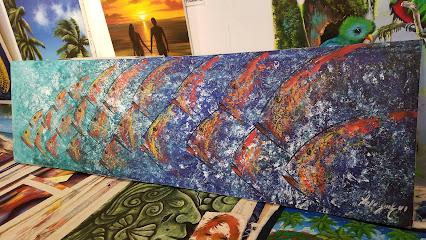
Garbutt's Fishing Lodge
Discover the beauty of Belize's fishing culture at Garbutt's Fishing Lodge, where adventure meets tranquility in a stunning natural setting.
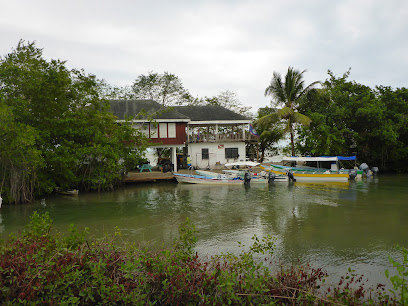
tacogirl Belize blog
Discover the best of San Pedro through Tacogirl Belize Blog, your ultimate guide to the vibrant culture and stunning attractions of Belize.
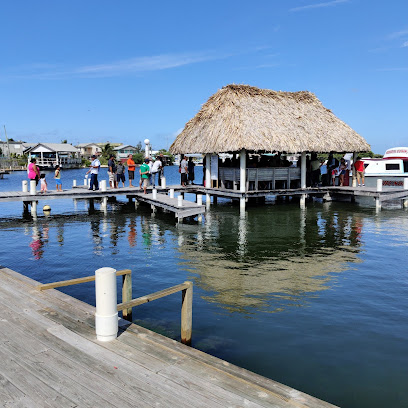
Tobacco Caye
Discover the serene beauty and vibrant marine life of Tobacco Caye, a tropical island paradise in the heart of Belize's Caribbean waters.
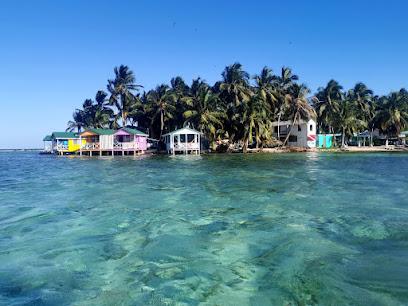
Tza-Ten-A-Ha Awesome Adventures
Discover the wonders of Ambergris Caye with Tza-Ten-A-Ha Awesome Adventures, your gateway to thrilling tours and unforgettable experiences.
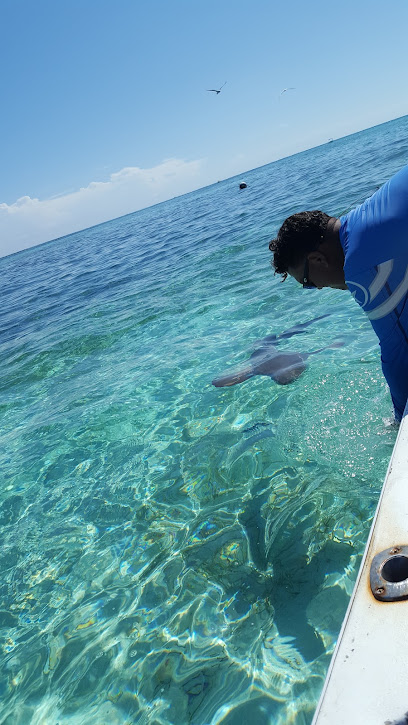
Carrie Bow Cay Field Station
Experience the vibrant marine ecosystems and conservation efforts at Carrie Bow Cay Field Station, a haven for nature lovers and marine enthusiasts.
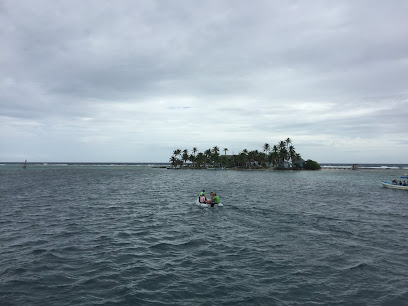
Abalone Caye, Port Honduras Marine Reserve
Explore the breathtaking Abalone Caye in the Port Honduras Marine Reserve, a haven for snorkelers and nature enthusiasts in Belize.
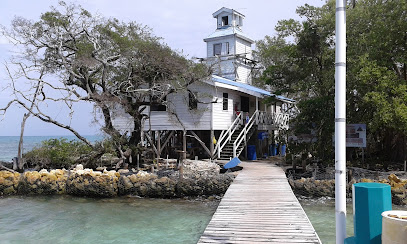
Gladden Spit and Silk Cayes Marine Reserve
Explore the stunning marine biodiversity and pristine beaches of Gladden Spit and Silk Cayes Marine Reserve, a paradise for snorkeling and diving enthusiasts.
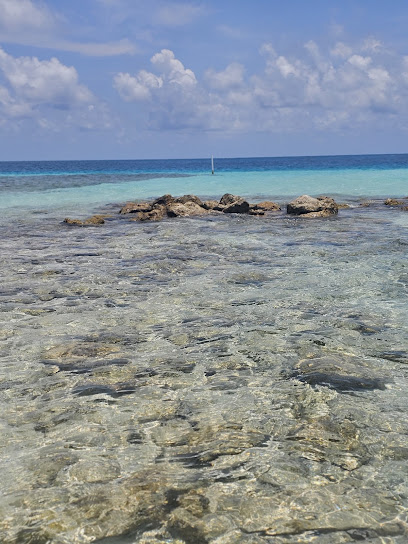
Markets, malls and hidden boutiques
Belize Pro Dive Center
Explore the underwater wonders of Belize at Belize Pro Dive Center, your gateway to unforgettable diving adventures.
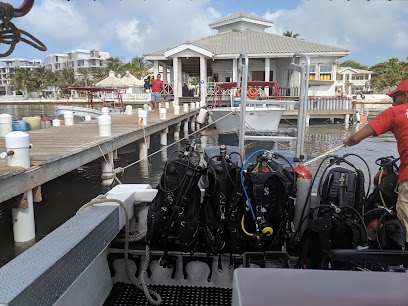
Down Town Plaza
Discover the vibrant shopping and dining experience at Down Town Plaza in Belize City, where local culture meets modern retail.
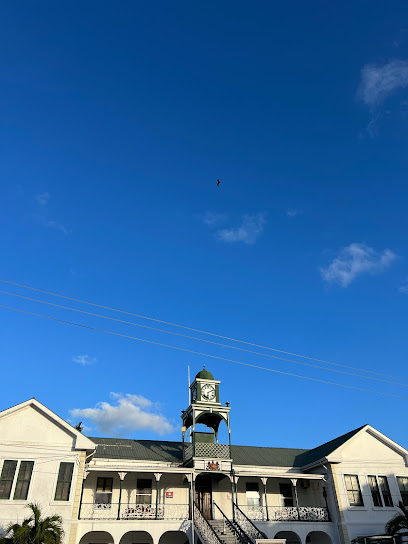
GariMaya Gift Shop
Discover unique handcrafted treasures at GariMaya Gift Shop, a vibrant art gallery showcasing Belizean culture and artisan craftsmanship.
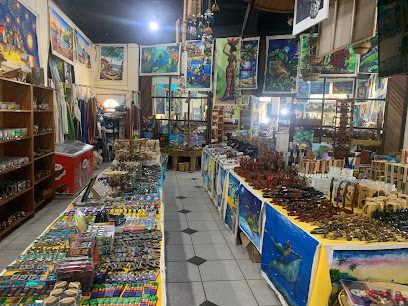
Seahorse Dive Shop
Discover the underwater wonders of Belize with Seahorse Dive Shop, your ultimate adventure partner in Placencia.
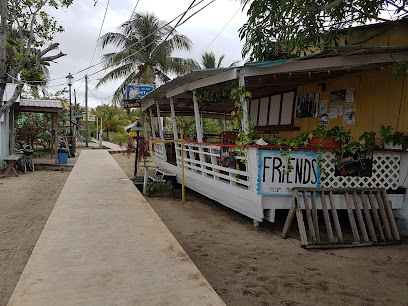
The Orange Gallery
Explore unique handcrafted treasures and local art at The Orange Gallery, a vibrant gift shop and art gallery along the Belizean highway.
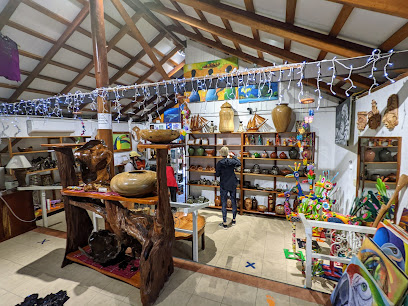
San Ignacio Market
Discover the heart of San Ignacio at its vibrant market, where local produce, crafts, and authentic flavors await every traveler.
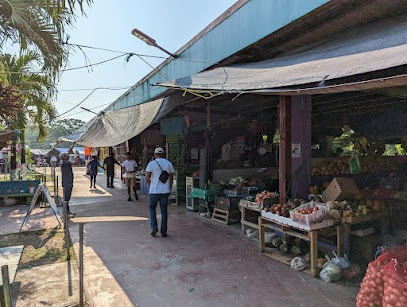
Motorbike Rentals & Alternate Adventures
Unleash your adventurous spirit with Motorbike Rentals & Alternate Adventures, the gateway to exploring Belize on two wheels.
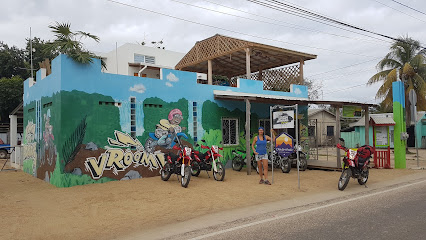
Havana Cigars
Experience the best of San Pedro at Havana Cigars, where premium cigars meet a vibrant bar and coffee lounge atmosphere.
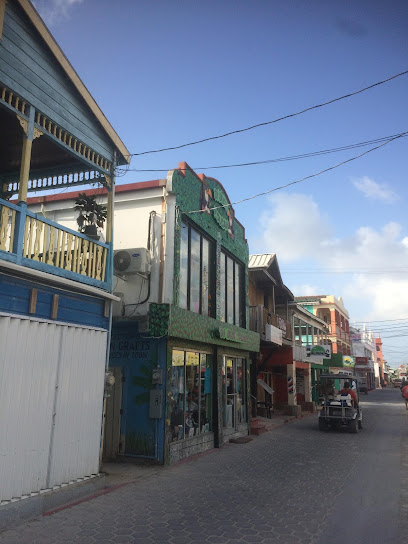
Splash Dive Centre
Experience the thrill of diving in Belize at Splash Dive Centre with expert guides and breathtaking underwater scenery.
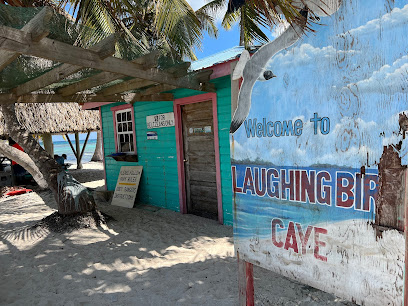
Tobacco Caye Paradise
Discover the natural beauty and tranquil vibes of Tobacco Caye Paradise, a hidden gem in Belize's Caribbean, perfect for relaxation and aquatic adventures.
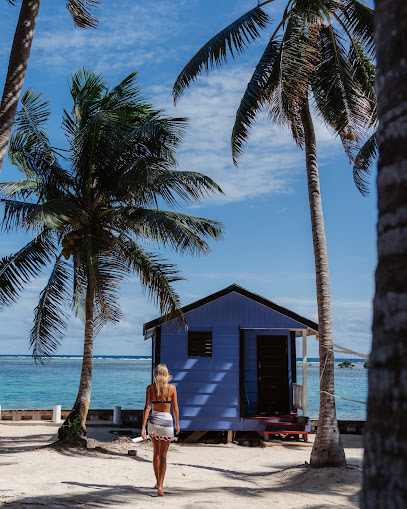
Blue Marlin Beach Resort
Experience the serene beauty of Blue Marlin Beach Resort, a perfect blend of relaxation and adventure in the Caribbean's pristine waters.
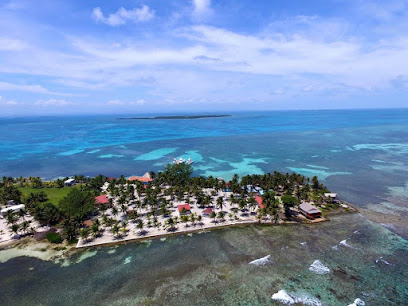
Belize Dive Haven Resort & Marina
Explore the vibrant underwater world of Belize at Belize Dive Haven Resort & Marina, perfect for diving enthusiasts and relaxation seekers alike.

Seemore Adventures - Dive & Adventure Shop
Experience unforgettable diving and boat tours in Hopkins Village, Belize with Seemore Adventures, your premier SCUBA tour agency.
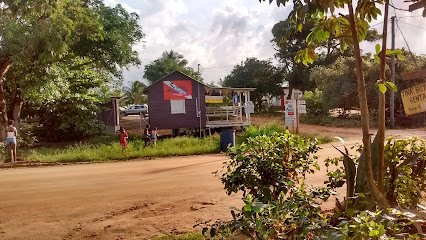
Kaj Expressions
Explore the artistry of Belize at Kaj Expressions, where each handcrafted jewelry piece tells a story of culture and beauty.
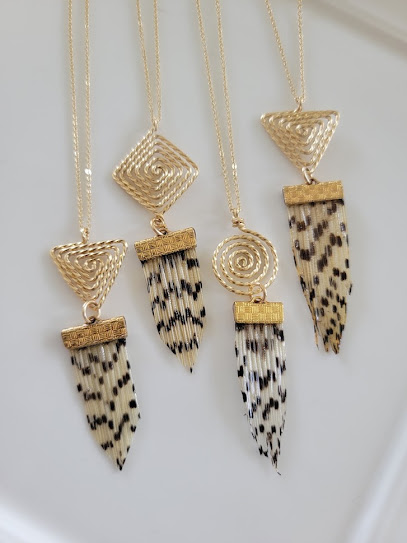
Off The Wall Dive Center and Resort
Discover the ultimate tropical escape at Off The Wall Dive Center and Resort, where adventure meets tranquility in Belize's Glover's Reef Atoll.
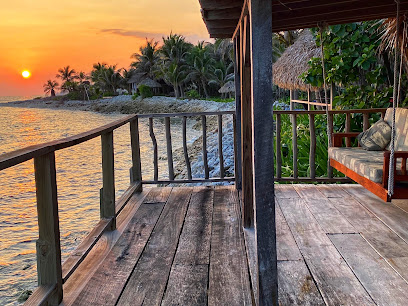
Essential bars & hidden hideouts
The Lazy Lizard
Experience island life at The Lazy Lizard, Caye Caulker's favorite grill for food, fun, and breathtaking views of the Caribbean.
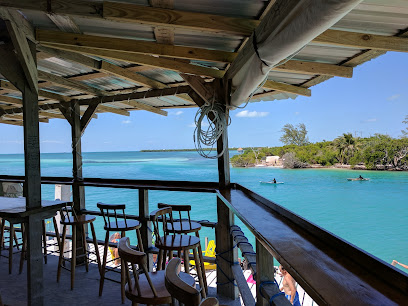
Palapa Bar and Grill
Experience the vibrant flavors and rhythms of Belize at Palapa Bar and Grill, a lively waterfront destination in San Pedro.
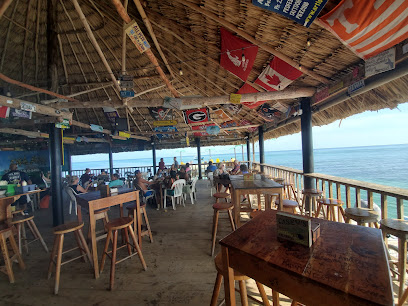
Tipsy Tuna Sports Bar
Experience the vibrant flavors and lively atmosphere at Tipsy Tuna Sports Bar in Placencia, the perfect spot for seafood lovers and social butterflies alike.
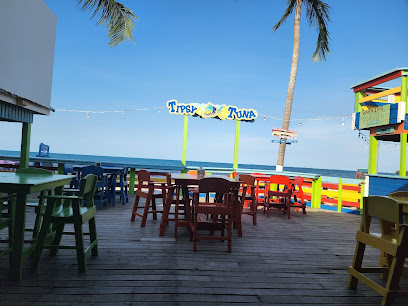
Barefoot Beach Bar
Experience the perfect blend of relaxation and flavor at Barefoot Beach Bar in Placencia, Belize, where delicious food meets stunning ocean views.
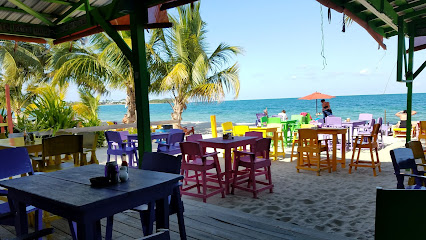
Barrier Reef Sports Bar & Grill
Savor delicious local cuisine and refreshing drinks at Barrier Reef Sports Bar & Grill, a vibrant dining spot on Avenida Hicaco.
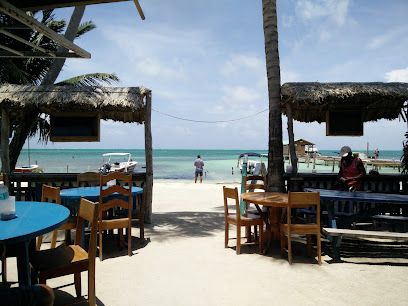
The Pelican Sunset Bar
Experience breathtaking sunsets and delicious cuisine at The Pelican Sunset Bar in Caye Caulker, your perfect tropical escape.
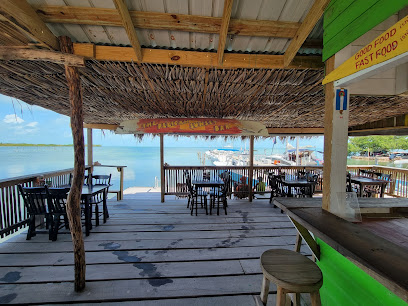
Wayo's Beach Bar
Experience the vibrant atmosphere and delicious cuisine at Wayo's Beach Bar in San Pedro, Belize—an essential stop for every traveler.
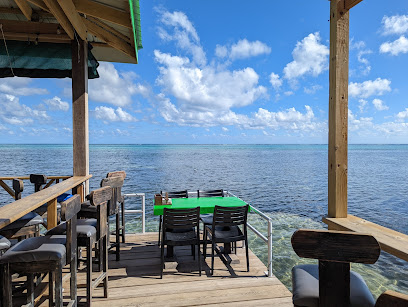
Someplace South Cafebar
Experience the vibrant flavors of Belize at Someplace South Cafebar, a cozy spot in San Pedro for delicious meals and refreshing drinks.
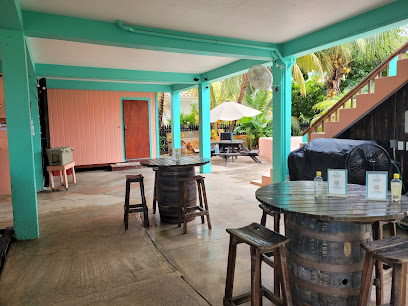
Moon Bar (Adults Only 18+)
Experience the best of Belizean nightlife at Moon Bar, an adults-only paradise offering gourmet pizzas and stunning sea views.
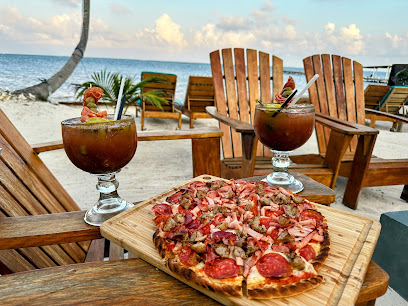
Sip N' Dip
Discover the vibrant Sip N' Dip bar in Playa Asuncion, where refreshing cocktails and a laid-back vibe create the perfect island escape.
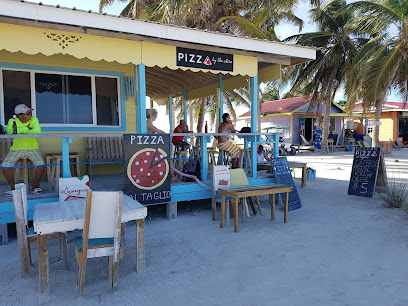
The Islands Jungle Restaurant & Bar
Experience the flavors of Belize at The Islands Jungle Restaurant & Bar, where tropical ambiance meets culinary delight in San Pedro.
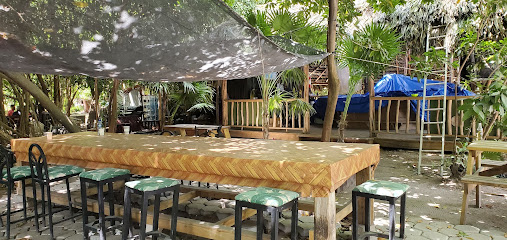
Baymen's Tavern
Discover the flavors of Belize at Baymen's Tavern, where Caribbean cuisine meets a vibrant atmosphere overlooking the marina.
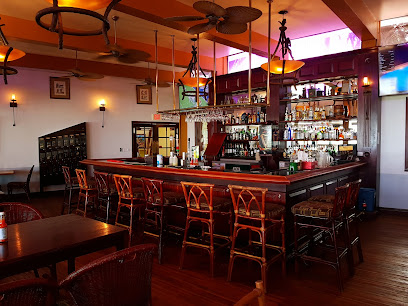
I and I Reggae Bar
Experience the heartbeat of Belizean nightlife at I and I Reggae Bar, where reggae rhythms and delightful cocktails create unforgettable moments.
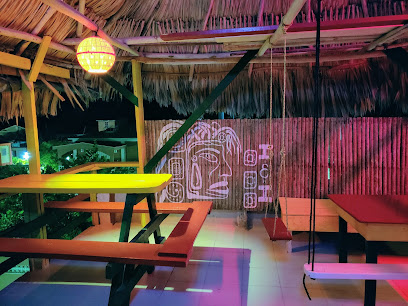
Big Dock
Discover the flavors of Belize at Big Dock, a waterfront restaurant in Hopkins known for its fresh seafood and stunning Caribbean views.
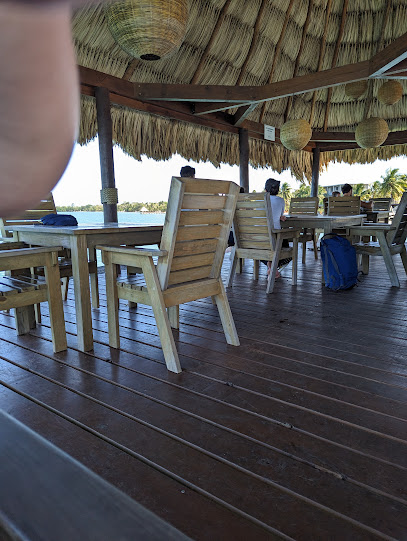
Local Phrases about Southern Belize Barrier Reef
-
- HelloWah gwaan
[wah gwaan] - GoodbyeLater
[lay-ter] - YesYa
[yah] - NoNoh
[noh] - Please/You're welcomePlis
[plees] - Thank youTank yu
[tank yu] - Excuse me/SorrySarry
[sah-ree] - How are you?How yu deh?
[how yu deh] - Fine. And you?Mi good. An yu?
[mee good. an yu] - Do you speak English?Yuh chat English?
[yuh chat english] - I don't understandMi noh ondastan
[mee noh on-dah-stan]
- HelloWah gwaan
-
- I'd like to see the menu, pleaseMi wah si di menu, plis
[mee wah see dee menu, plees] - I don't eat meatMi noh nyam meat
[mee noh nyam meet] - Cheers!Chayaz!
[chay-az] - I would like to pay, pleaseMi wah pay, plis
[mee wah pay, plees]
- I'd like to see the menu, pleaseMi wah si di menu, plis
-
- Help!Help!
[help] - Go away!Gweh!
[gweh] - Call the Police!Kol di police!
[kol dee police] - Call a doctor!Kol a dokta!
[kol ah dok-tah] - I'm lostMi lost
[mee lost] - I'm illMi sik
[mee sick]
- Help!Help!
-
- I'd like to buy...Mi wah bay...
[mee wah buy] - I'm just lookingMi just di luk
[mee just dee look] - How much is it?Eh cost how much?
[eh cost how much] - That's too expensiveDat deh too much
[dat deh too much] - Can you lower the price?Yuh kyan drop di price?
[yuh kyan drop dee price]
- I'd like to buy...Mi wah bay...
-
- What time is it?Weh tym ehn?
[weh time en] - It's one o'clockDa one o'klok
[da one o-klok] - Half past (10)Haaf paz (10)
[half pass (10)] - MorningMawnin
[mawnin] - AfternoonAftanuun
[af-tah-noon] - EveningIivnin
[eev-nin] - YesterdayYessideh
[yes-si-deh] - TodayTudeh
[too-deh] - TomorrowTomaro
[to-mah-ro] - 1Wahn
[wahn] - 2Tu
[too] - 3Chree
[chree] - 4Fo
[foh] - 5Fayv
[fayv] - 6Six
[siks] - 7Seven
[sev-en] - 8Eit
[ate] - 9Nain
[nayn] - 10Ten
[ten]
- What time is it?Weh tym ehn?
-
- Where's a/the...?Weh di...?
[weh dee] - What's the address?Weh di address?
[weh dee address] - Can you show me (on the map)?Yuh kyan show mi (pan di map)?
[yuh kyan show mee (pan dee map)] - When's the next (bus)?Wehn di nex (bus)?
[wen dee neks (bus)] - A ticket (to ....)Wan tiket (to ....)
[wan ticket (to)]
- Where's a/the...?Weh di...?
History of Southern Belize Barrier Reef
-
The Southern Belize Barrier Reef was not just a natural marvel for the ancient Maya civilization but also a crucial part of their livelihood. They relied on the abundant marine resources, including fish and shellfish, and utilized the waterways for trade routes. Archaeological evidence suggests that coastal Maya settlements thrived by trading goods such as salt, fish, and marine shells with inland communities.
-
The Garifuna people, descendants of West African, Island Carib, and Arawak people, have a rich cultural heritage that is intricately linked to the Southern Belize Barrier Reef. Arriving in Belize in the 19th century, they brought with them a unique blend of cultures and traditions. The reef and its surrounding waters have been integral to their way of life, providing sustenance through fishing and serving as a source of spiritual and cultural inspiration.
-
During the colonial era, British settlers and explorers were drawn to the Southern Belize Barrier Reef for its strategic location and rich resources. The reef soon became a focal point for maritime activities, including fishing, shipping, and even piracy. The British influence left an indelible mark on the region, shaping its economic and cultural landscape.
-
In the late 20th century, increased awareness of environmental issues led to significant conservation efforts in the Southern Belize Barrier Reef. The establishment of marine reserves and protected areas, such as the Gladden Spit and Silk Cayes Marine Reserve, aimed to preserve the unique biodiversity and ecosystems of the reef. These efforts have been crucial in maintaining the health and sustainability of the reef for future generations.
-
In 1996, the Belize Barrier Reef Reserve System, including the Southern Belize Barrier Reef, was designated a UNESCO World Heritage Site. This recognition underscored the global significance of the reef's ecological and cultural value. The designation has helped to boost conservation efforts and promote sustainable tourism in the region.
-
The Southern Belize Barrier Reef faces numerous modern-day challenges, including climate change, coral bleaching, and overfishing. Despite these threats, the local communities and conservationists have shown remarkable resilience. Through collaborative efforts involving sustainable tourism, community education, and scientific research, there is a continuous push to protect and preserve this natural wonder for future generations.
Southern Belize Barrier Reef Essentials
-
The Southern Belize Barrier Reef is accessible via several routes. The nearest international airport is Philip S. W. Goldson International Airport in Belize City. From there, you can take a domestic flight to Dangriga, Placencia, or Punta Gorda. Alternatively, you can travel by road, using the well-maintained highways and taking a bus or renting a car. Water taxis and charter boats are also available from coastal towns to reach the reef directly.
-
Transportation options around the Southern Belize Barrier Reef include water taxis, charter boats, and local buses. Renting a bicycle or golf cart is a popular way to explore smaller islands and coastal towns. For longer distances, domestic flights are available between key locations such as Belize City, Dangriga, Placencia, and Punta Gorda. Taxis are available but always negotiate the fare beforehand.
-
The official currency in Belize is the Belize Dollar (BZD). U.S. Dollars are widely accepted, and the exchange rate is typically 2 BZD to 1 USD. Credit cards are accepted in most hotels, restaurants, and larger shops, but it is advisable to carry some cash for smaller establishments and remote areas. ATMs are available in major towns.
-
The Southern Belize Barrier Reef is generally safe for tourists. However, it is wise to take standard precautions. Avoid isolated areas, especially at night, and always keep an eye on your belongings. Crime rates are generally low in tourist areas, but be cautious in Belize City, where petty theft can be more common. Stick to well-populated and well-lit areas.
-
In case of emergency, dial 911 for police, fire, or medical assistance. Ensure you have travel insurance that covers medical emergencies. Hospitals and clinics are available in larger towns like Dangriga and Placencia. For minor health issues, pharmacies are available, but it is advisable to carry a basic first-aid kit.
-
Fashion: Do wear lightweight, breathable clothing, but avoid overly revealing attire, especially in towns. Religion: Do respect local customs and religious practices. Public Transport: Do be polite and patient when using local buses and water taxis. Greetings: Do greet locals with a friendly 'hello' or 'good day.' Eating & Drinking: Do try local seafood and traditional dishes. Don’t waste food, as it is considered disrespectful.
-
To experience the Southern Belize Barrier Reef like a local, visit the local markets for fresh seafood and handmade crafts. Engage with locals to learn about traditional fishing methods and marine conservation efforts. Don't miss snorkeling or diving in less-touristed areas of the reef for a more serene experience. Participate in local festivals and cultural events to immerse yourself in Belizean culture.
Nearby Cities to Southern Belize Barrier Reef
-
Things To Do in Hopkins
-
Things To Do in Placencia
-
Things To Do in Belize City
-
Things To Do in Caye Caulker
-
Things To Do in San Pedro
-
Things To Do in San Ignacio
-
Things To Do in Punta Gorda
-
Things To Do in Puerto Cortés
-
Things To Do in Orange Walk Town
-
Things To Do in Livingston
-
Things To Do in Puerto Barrios
-
Things To Do in Utila
-
Things To Do in San Pedro Sula
-
Things To Do in Rio Dulce
-
Things To Do in Corozal Town








